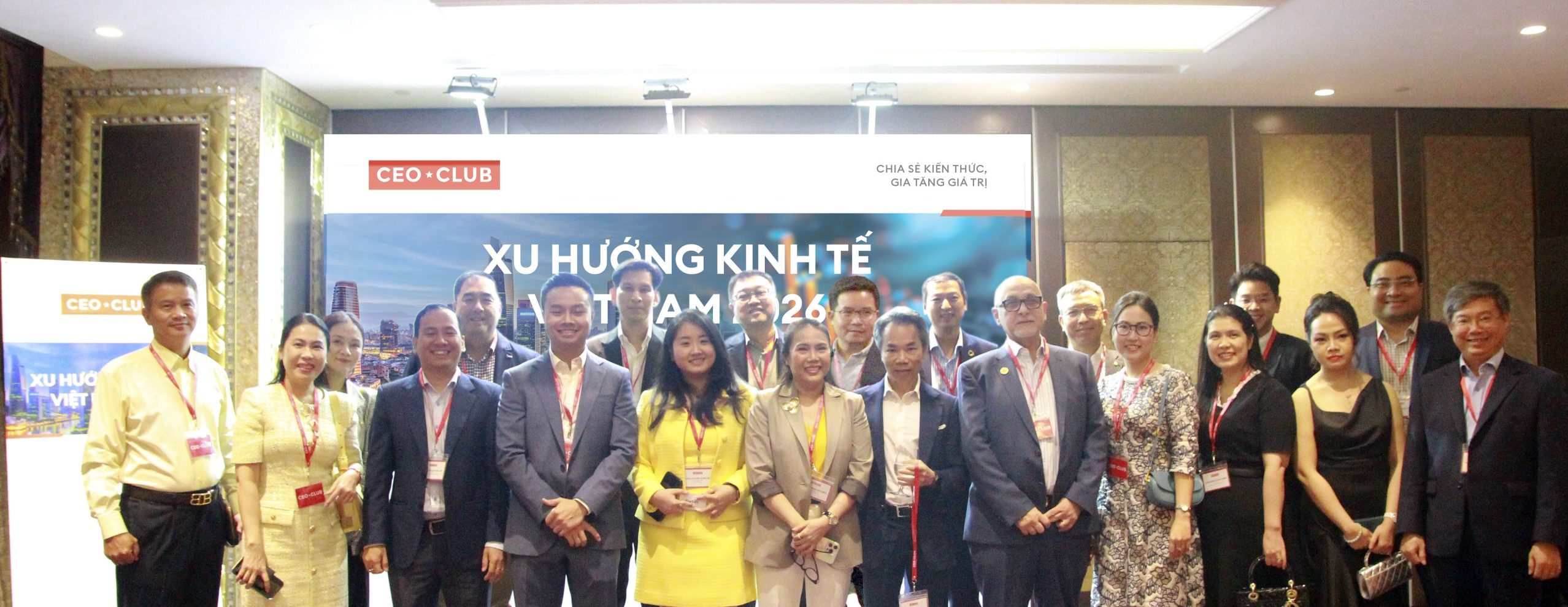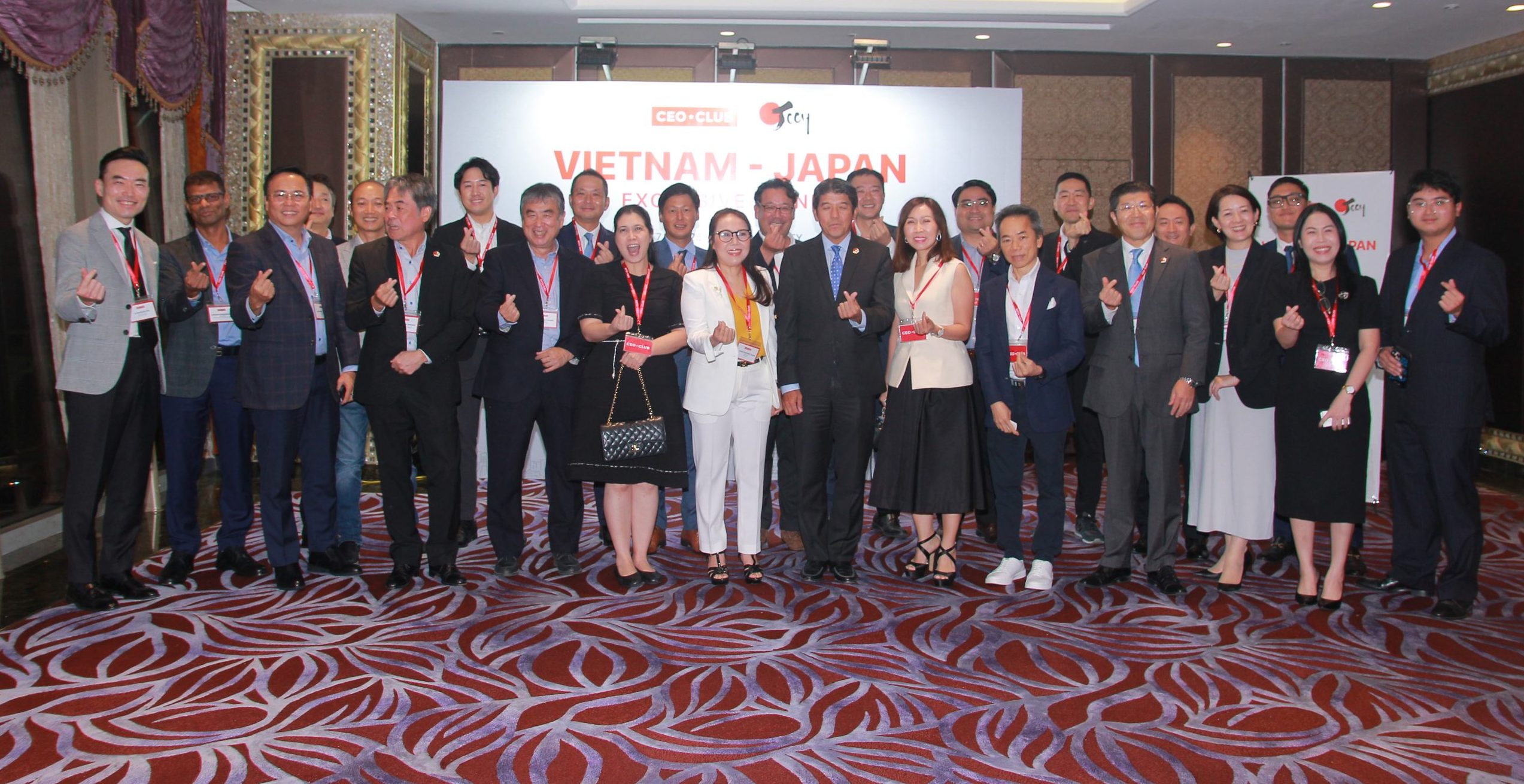Barriers and challenges remain as businesses led by women often face difficulties in terms of development scale with the majority of them being small or medium-sized, or operating in the informal sector of the economy.
.jpg)
President Võ Văn Thưởng during a meeting with Vietnamese businesswomen in Hà Nội. VGP Photo
HÀ NỘI Increasing women’s participation and status in the economy has been a key economic and developmental objective, as well as gender equality goal in Việt Nam in recent decades.
Currently, women make up 50.1 per cent of the Southeast Asian country’s population and 46.7 per cent of its labour force, according to a Grant Thornton report. Women also lead 20-24 per cent of a total of 900,000 active companies in Việt Nam, making Vietnamese women significantly more likely to own and run a business compared to their peers in the ASEAN region.
The report said the highest leadership positions among Vietnamese women were human resource directors (61 per cent) and chief financial officers (44 per cent), higher than the averages in the region and the world.
In recent years, Việt Nam has ranked consistently among the world’s top 10 countries with the highest number of women in business leadership positions. In 2019, the country reported 37 per cent of its business executives were female. In 2021, the figure improved to 39 per cent. In the last two years, it suffered some drawbacks but remained high at 34 per cent, higher than the averages in the Asia-Pacific region and the world.
Of these, up to 68.6 per cent of Vietnamese female executives hold a bachelor’s or master’s degree in business administration, only slightly lower than the same figure for males at 71.9 per cent, showcasing the country’s successful attempt at bridging the gap in education between the sexes.
However, barriers and challenges remain as businesses led by women often face difficulties in terms of development scale with the majority of them being small or medium-sized, or operating in the informal sector of the economy. They also tend to operate in labour-intensive industries, with low technology adoption leading to lower profits and less resilience to economic fluctuations.
Female entrepreneurs in Việt Nam have been said to face additional hurdles in starting businesses compared to men, resulting in the country’s ranking, while improved in terms of quantity, flatlining in terms of quality of female entrepreneurs. The majority of women’s businesses in Việt Nam are small-scale, mainly in trade and narrow business scopes.
Many female entrepreneurs said they struggled with limited access to capital and financial support. As few women entrepreneurs could produce tangible assets it’s difficult for them to secure loans from commercial banks.
Financial institutions have been said to show little confidence in women’s businesses with just 37 per cent of small and medium-sized enterprises led by women in Việt Nam having access to bank loans, compared to 47 per cent for businesses owned by men.
In addition, when asked about their entrepreneurial motivation, Vietnamese women often attributed it to economic reasons, which could impact their businesses’ long-term vision and effectiveness. They also suffered from a lack of knowledge and skills in business management, such as business administration, human resources, finance and marketing.
Family responsibilities remain a major factor hindering women in business as they are expected to dedicate a considerable amount of time to care for family members and dependents.
Numerous policies, laws and programmes supporting women’s entrepreneurship and business development have been implemented with the goal of building up confidence among Vietnamese businesswomen.
Economists and policymakers have long called for additional policies to support women in entrepreneurship, using both financial and non-financial resources, as well as stronger administrative reforms.
Another key priority is to provide female entrepreneurs with regular training and knowledge enhancement activities such as courses in business planning, business management, operational management and marketing. Female entrepreneurs also need to learn how to divide their time effectively, ensuring a balanced approach between business and family responsibilities.
Source: VNS


